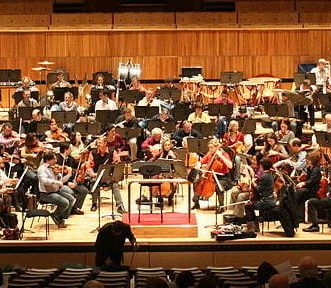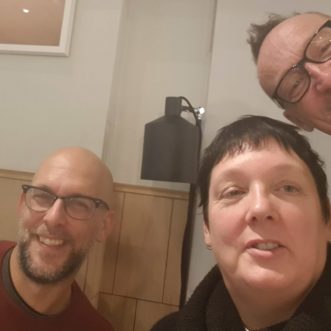
Beware the black box.
The great thing about a musical score is that it tells you what to play, not how. It tells you which notes, in which order and at what speed. It can also give you hints about the mood you’ll be trying to create.
What it doesn’t tell you is how to play those notes. It assumes you know. Neither does the score dictate what instrument is used. As long as you produce the right notes, in the right order and at the right speed to produce the required mood, you can play them on anything – from a crumhorn, to an electric guitar, to a computer – and the listener will probably recognise the music.
This is what gives a musical score longevity. It can be picked up centuries after it was originally written, played with completely different instruments by completely different people, yet sound broadly the same as when it was first performed.
Imagine what would have happened if Mozart had simply taught his musicians their parts by rote, tightly coupling the ‘what must happen’ with the ‘how we make it happen at the moment’.
He would have created a black box, that could make music only for as long as the specific players he taught could remember it, or the instruments they used were available. A black box limited by the number of people Mozart could physically teach; that would be impossible to interrogate, update or re-interpret; that would quickly become obsolete.
If you seek longevity or scale for your enterprise, keep ‘what must happen’ separate from ‘how we make it happen at the moment’. Given the ‘what’, future generations will be able to work out ‘how’ for themselves.








